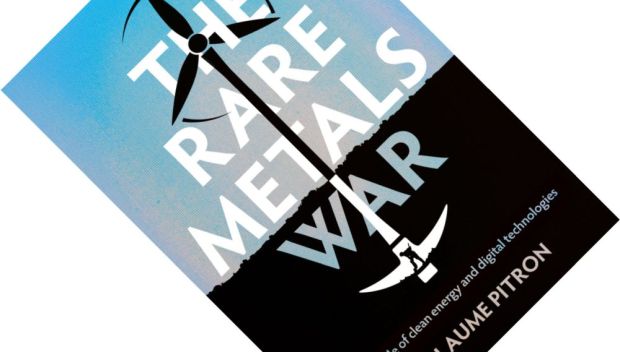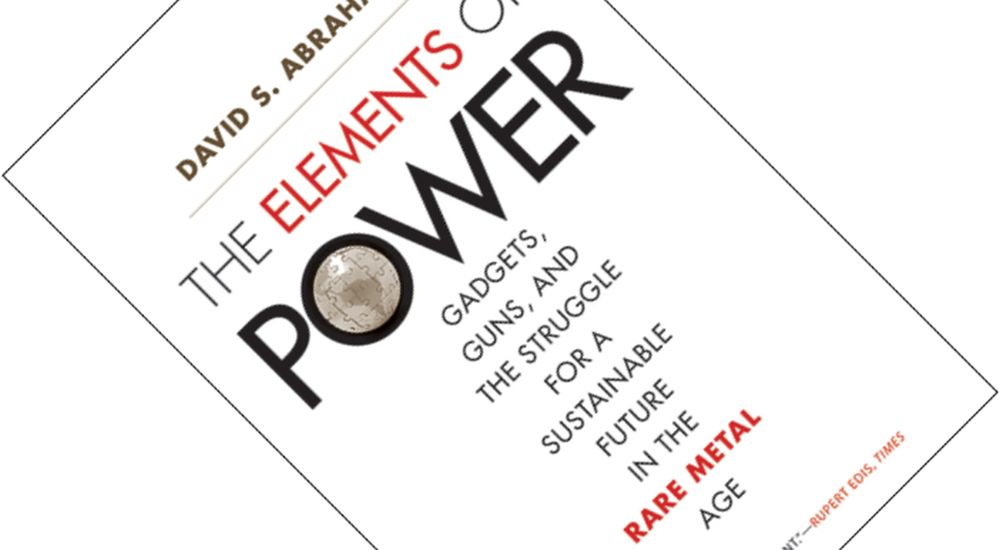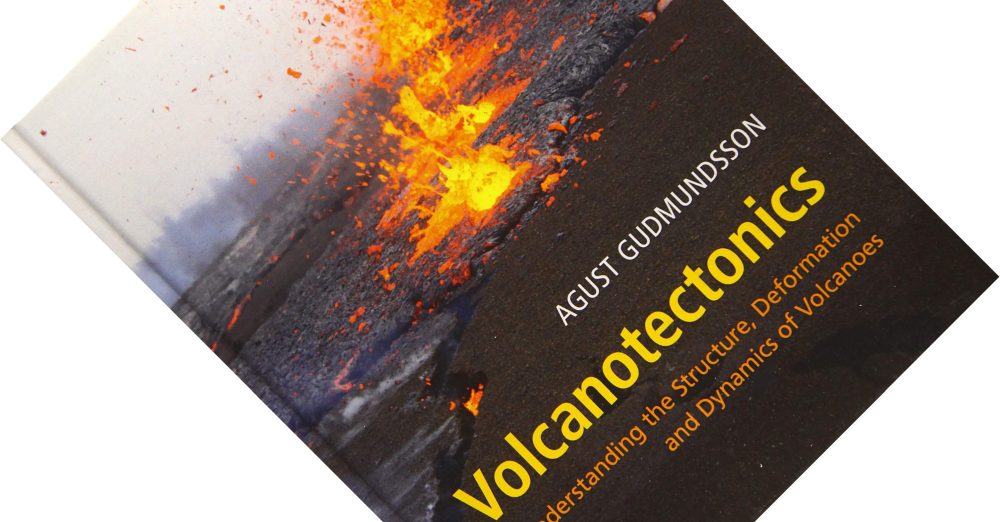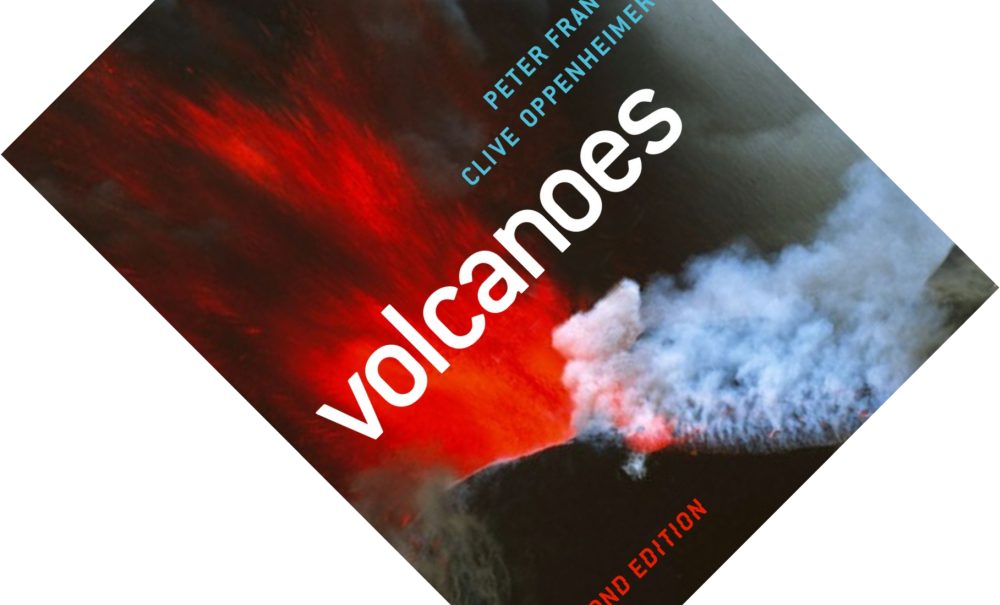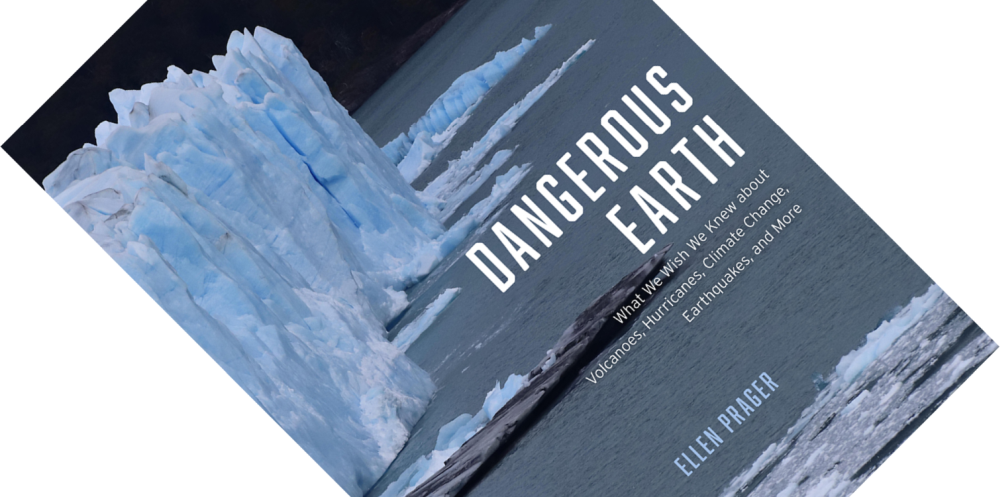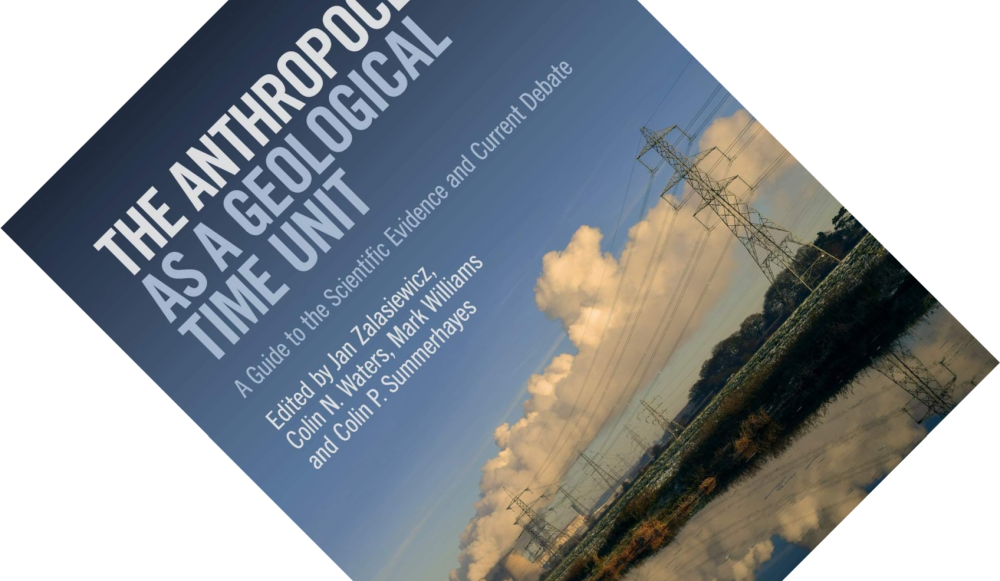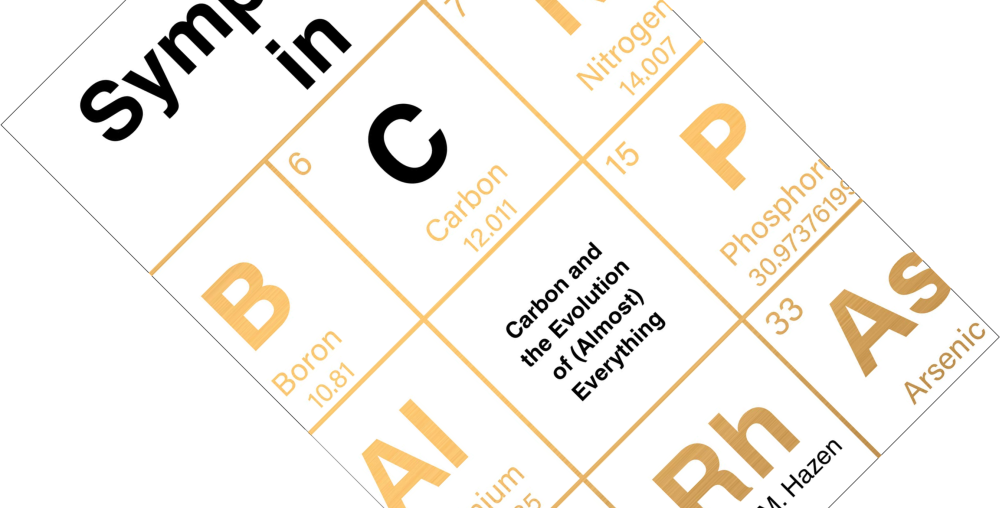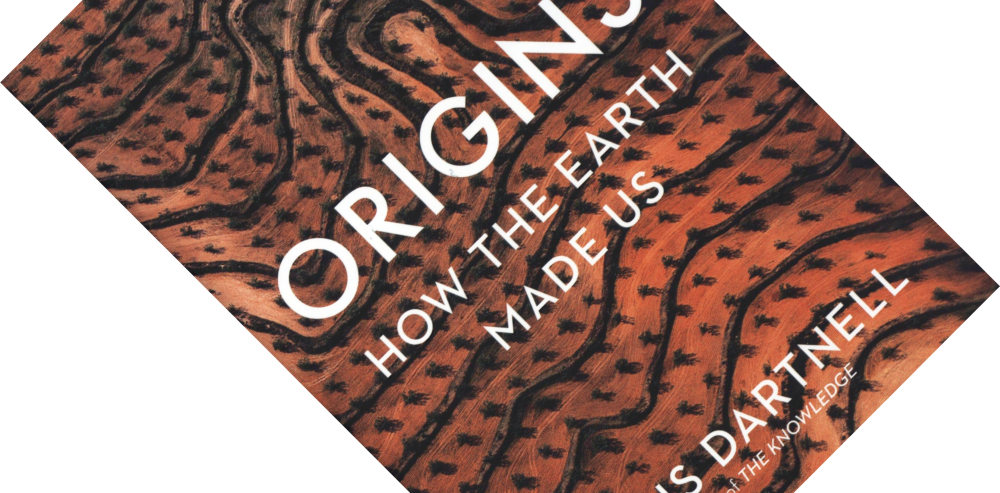7-minute read
Normally the sight of photovoltaic panels and wind turbines fills me with hope, but I have my doubts after reading this book. Many politicians, business leaders, and environmental organisations argue that we need to invest in renewables to transition away from fossil fuels and the accompanying carbon dioxide emissions. What is rarely mentioned is that these technologies require the mining of rare metals: chemical elements such as rhenium, lithium, antimony, neodymium, tantalum, and many others that most people have barely heard of. In The Rare Metals War, French investigative journalist Guillaume Pitron sounds the alarm, showing both the environmental impact and China’s chokehold on the market.
I read this book in tandem with David S. Abraham’s slightly older The Elements of Power which I had been meaning to read for ages. Thus, this is the second of a two-part review dealing with these little-known elements that have silently come to dominate our lives.

